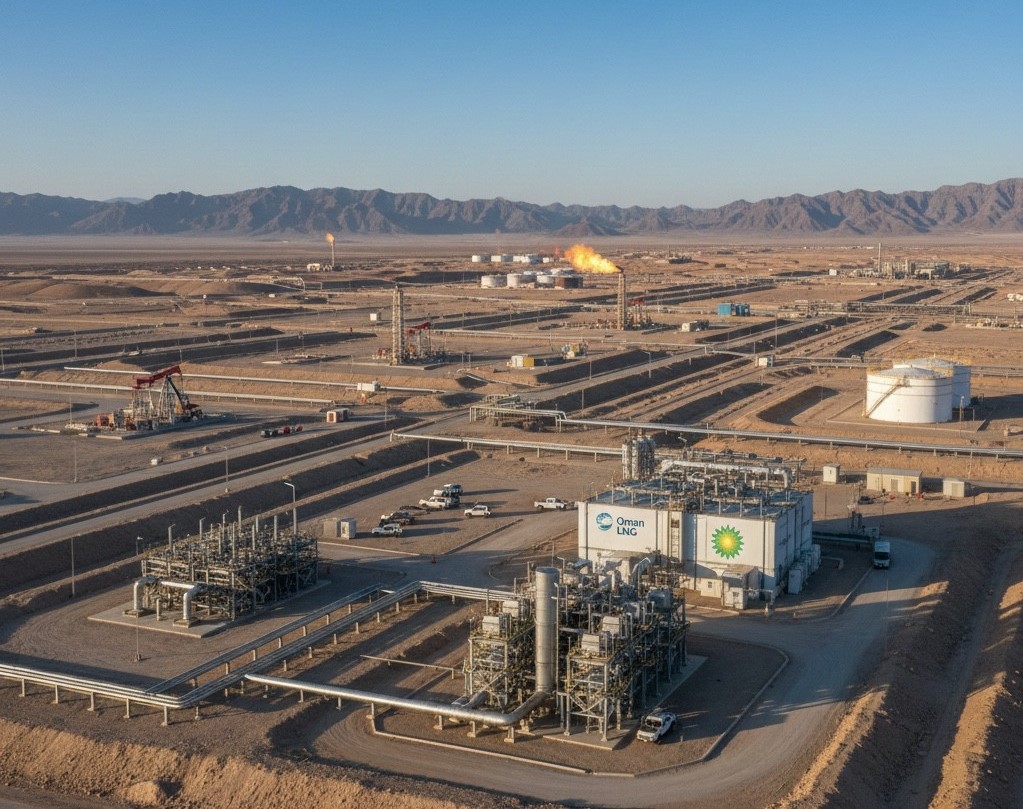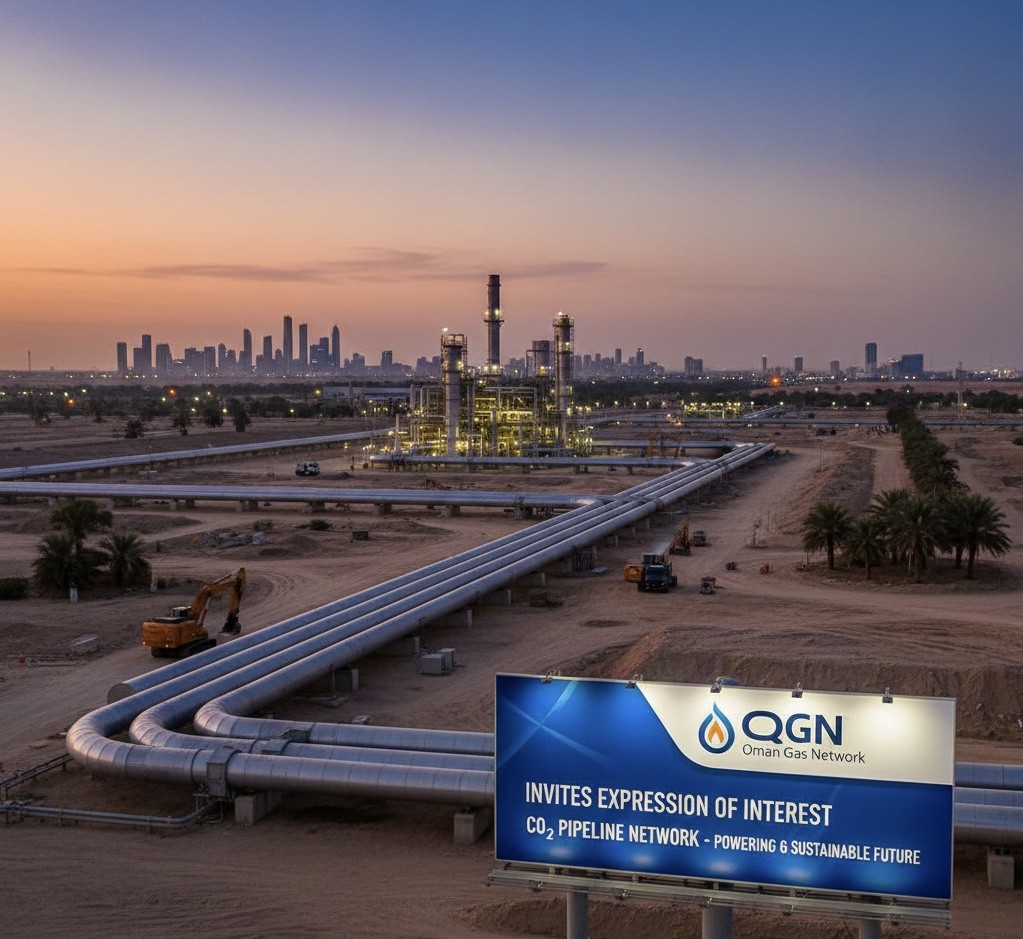Manama, Bahrain – The Gulf Cooperation Council (GCC) is actively exploring the feasibility of establishing a Gulf-wide gas network, a move that could significantly enhance energy security and cooperation among its member states. This initiative, which has been under discussion in various forms for several years, is gaining renewed attention amid evolving global energy dynamics and the increasing importance of regional energy integration.
Regional Energy Cooperation on the Rise
During the recent GCC ministerial meeting held in Manama, senior officials from Saudi Arabia, Kuwait, Bahrain, Qatar, the United Arab Emirates, and Oman reiterated their commitment to deepening energy cooperation. A Gulf-wide gas network is seen as a strategic project that could facilitate the efficient distribution and trade of natural gas across the region, ensuring stable energy supplies for both domestic consumption and export.
Dr. Nayef Falah Al-Hajraf, the Secretary-General of the GCC, stated, “The establishment of a regional gas network is a priority that aligns with our shared goals of energy security, economic integration, and sustainable development. This initiative has the potential to transform the way we manage and utilize our natural gas resources.”
Key Objectives of the Proposed Network
The proposed Gulf-wide gas network aims to:
- Enhance Energy Security: By interconnecting the gas infrastructure of GCC countries, the network would create a more resilient energy system capable of addressing supply disruptions and balancing regional demand fluctuations.
- Promote Economic Integration: The network could facilitate greater economic cooperation by enabling the free flow of natural gas across borders, supporting industries and economic activities that rely on a stable energy supply.
- Improve Cost Efficiency: Sharing infrastructure could reduce the costs associated with gas transportation and distribution, benefiting both producers and consumers.
- Support Environmental Goals: The network could contribute to reducing the region’s carbon footprint by optimizing the use of natural gas, a cleaner energy source compared to oil and coal.
Challenges and Considerations
While the concept of a Gulf-wide gas network is promising, it faces several challenges. Significant investments in infrastructure, including pipelines, storage facilities, and distribution systems, would be required. Additionally, harmonizing regulatory frameworks and ensuring the alignment of energy policies across the GCC states are critical factors for the project’s success.
Moreover, geopolitical factors and market dynamics, such as global gas prices and demand fluctuations, could impact the feasibility and timing of the network’s development.
Current Status and Next Steps
As of now, the GCC has initiated feasibility studies and consultations with key stakeholders, including national oil and gas companies, regulators, and international energy experts. These studies will assess the technical, economic, and environmental aspects of the proposed network.
Energy Minister of Bahrain, Dr. Abdulhussain Mirza, noted, “We are in the early stages of evaluating the feasibility of this project. It is a complex initiative that requires careful planning and coordination among all GCC member states. However, the potential benefits make it a worthy endeavor to pursue.”
The timeline for the project’s development remains uncertain, as it depends on the outcomes of the feasibility studies and the willingness of member states to commit to the necessary investments and policy alignments.
Looking Forward
The Gulf-wide gas network, if realized, could serve as a model for regional energy cooperation and integration. It would not only enhance the energy security of the GCC states but also strengthen their position in the global energy market.
As the GCC continues to explore this ambitious initiative, the international community will be watching closely to see how the region balances its energy ambitions with the challenges of a rapidly changing global energy landscape.





